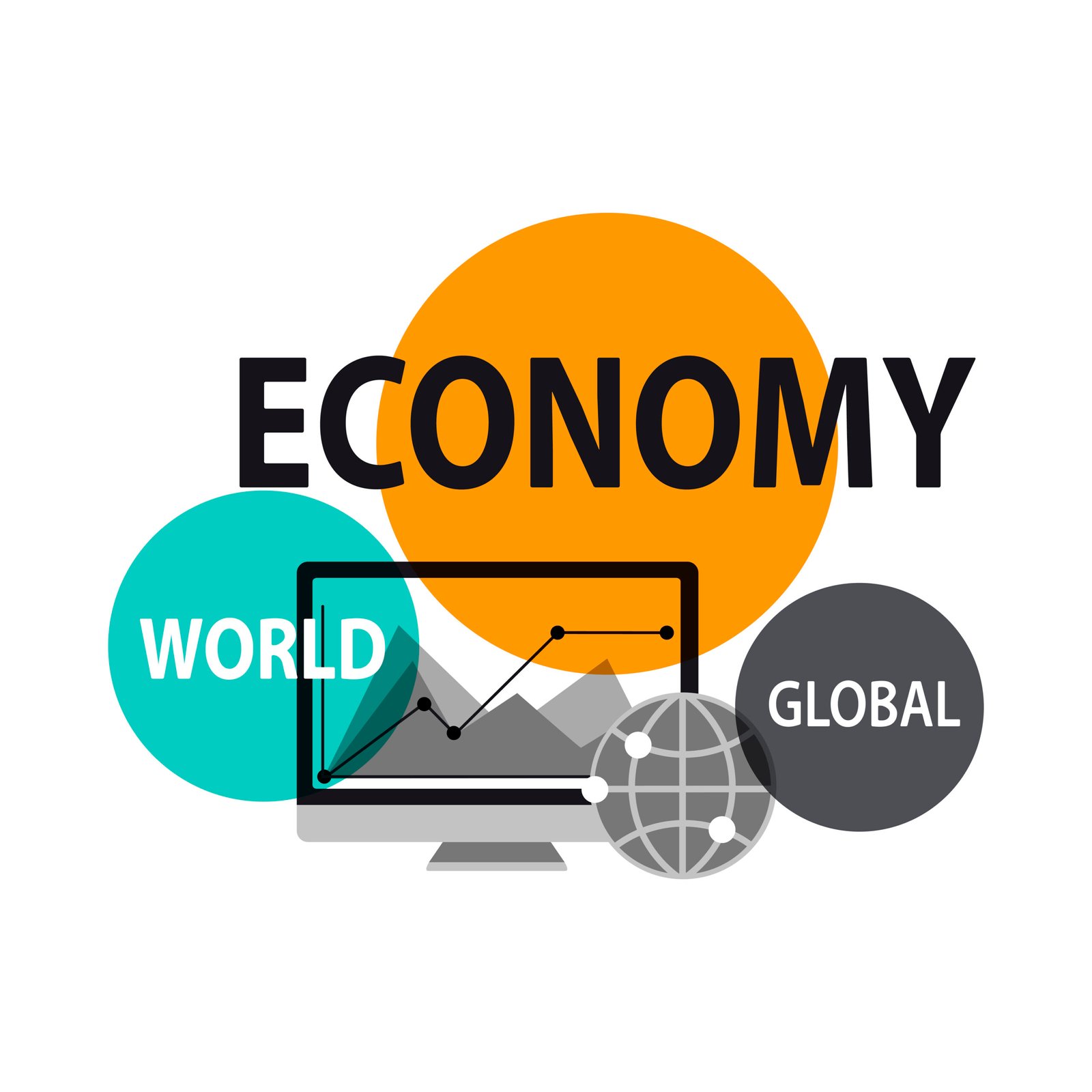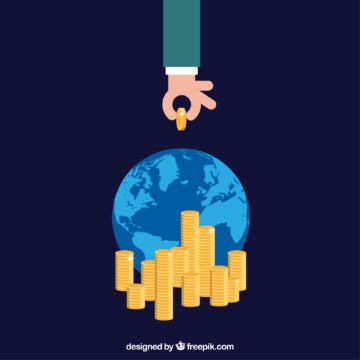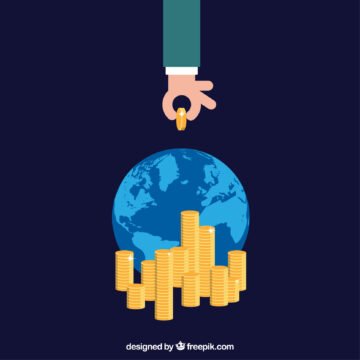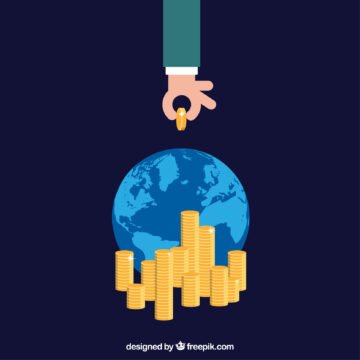
Introduction
The post-2030 era promises to be a transformative period for the global economy, where a confluence of factors will redefine how societies operate and interact on a global scale. This article delves into key trends shaping the future economy and examines their profound implications for the fabric of global society.
- Tech-Driven Societal Transformation
The technological revolution expected after 2030 will not only reshape economies but also redefine societal structures. Automation, artificial intelligence, and advanced technologies will revolutionize industries, requiring societies to adapt to a new era of work, education, and interpersonal relationships. The ability to harness the benefits of technology while addressing potential challenges will be paramount in shaping inclusive and equitable societies.
- Economic Inclusion and Disparity Mitigation
As the future economy unfolds, there will be a growing emphasis on economic inclusion. Nations and businesses will strive to create frameworks that bridge socioeconomic disparities, ensuring that the benefits of economic growth are distributed equitably. Initiatives focused on upskilling, education accessibility, and financial inclusion will become critical in fostering a more inclusive global society.
- Global Collaboration for Common Goals
The interconnected nature of the future economy will necessitate unprecedented levels of global collaboration. Nations will recognize shared challenges such as climate change, public health crises, and cybersecurity threats, prompting collaborative efforts to develop solutions. The ability to work collectively towards common goals will not only enhance global resilience but also foster a sense of shared responsibility in addressing pressing global issues.
- Cultural Adaptation in the Workplace
The evolving nature of work in the post-2030 era, driven by automation and digitization, will require societies to adapt culturally to new workplace norms. Flexible work arrangements, remote collaboration, and a greater reliance on digital communication will redefine traditional work cultures. Societal acceptance and adaptation to these changes will be instrumental in ensuring the well-being and productivity of the global workforce.
- Environmental Consciousness and Sustainable Lifestyles
With sustainability at the forefront of economic strategies, societies will witness a shift towards environmentally conscious practices. Individuals and communities will adopt sustainable lifestyles, and businesses will prioritize eco-friendly initiatives. This collective commitment to environmental responsibility will not only mitigate the impact of climate change but also foster a sense of shared environmental stewardship on a global scale.
Conclusion
The future economy after 2030 is poised to transcend traditional boundaries, requiring societies to evolve in tandem. Embracing technological advancements, fostering economic inclusion, promoting global collaboration, adapting to cultural shifts in the workplace, and embracing sustainability will be integral in shaping a global society that is resilient, inclusive, and responsive to the challenges and opportunities that lie ahead. As nations and communities navigate this transformative period, proactive and thoughtful approaches will be essential to ensure a future that benefits all of humanity.



